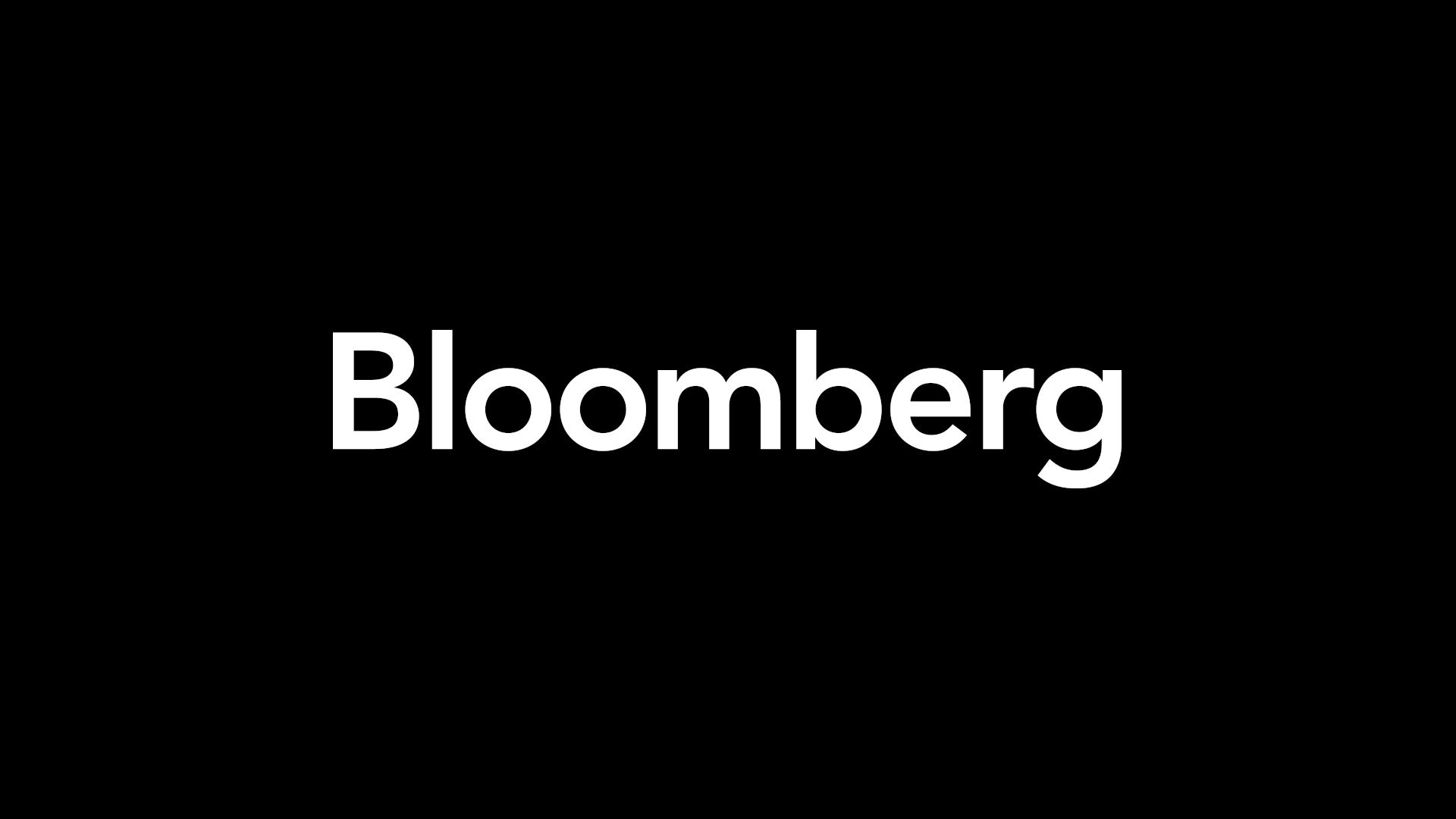Panama’s President José Raúl Mulino firmly rejected former US President Donald Trump’s threat to reclaim control of the Panama Canal, asserting that Panama’s sovereignty over the waterway is non-negotiable and transit fees are fair. This strong response underscores the canal’s significance as a strategic global asset and highlights the ongoing tensions surrounding its operation and control.
 Image of the Panama Canal with a large ship passing through.
Image of the Panama Canal with a large ship passing through.
Mulino’s declaration, delivered via a video statement on X (formerly Twitter), unequivocally stated that every part of the Panama Canal and its surrounding areas belongs to Panama and will remain so. This direct rebuttal came after Trump criticized what he deemed “ridiculous” transit fees for US vessels and suggested Chinese influence over the canal was increasing, prompting calls for the US to regain control.
This assertive stance from Panama signifies a new chapter in the complex relationship between the two countries regarding the canal. Trump’s remarks, made just weeks before his inauguration, mark an escalation in his efforts to exert pressure on global trade partners. Following Mulino’s response, Trump retorted with a dismissive “We’ll see about that!” on his Truth Social platform, further fueling the controversy.
While a Chinese company, a subsidiary of Hong Kong-based CK Hutchison Holdings Ltd., operates two of the five ports adjacent to the canal, China does not control the canal itself. The Panama Canal Authority, established by Panama’s constitution, manages the canal’s operations and directs some of the toll revenue into the national treasury. The authority reported depositing nearly $2.5 billion in the last fiscal year, demonstrating the canal’s substantial economic contribution to Panama.
 Image of a map highlighting the Panama Canal's location.
Image of a map highlighting the Panama Canal's location.
Despite lacking direct control, China’s influence in the region has been expanding. Panama severed diplomatic ties with Taiwan in 2017, acknowledging the “One China” policy. Trump capitalized on this development, claiming the canal was “falling into the wrong hands” and asserting that neither China nor any other country should manage it. He even shared an image of a US-flagged vessel with the caption “Welcome to the United States Canal!” on his Facebook account, further emphasizing his stance.
China’s Foreign Ministry spokesperson, Mao Ning, clarified that no major power directly or indirectly controls the canal, emphasizing China’s respect for Panama’s sovereignty and recognizing the canal’s status as a permanently neutral international waterway. This statement aimed to de-escalate tensions and reaffirm China’s commitment to international norms.
The legal basis for Trump’s claim remains unclear. The US built the canal in the early 20th century but relinquished control to Panama in 1999 under treaties signed in 1977. A US-Panamanian treaty guaranteeing the canal’s permanent neutrality for all nations remains in effect, a point emphasized by Mulino. This treaty also grants the US the right to use military force to defend the canal’s neutrality, a provision that adds complexity to the situation.
The 51-mile canal linking the Atlantic and Pacific oceans is crucial for global trade, but recent prolonged droughts have created bottlenecks and impacted traffic flow. Mulino defended the canal’s toll structure, citing its transparency and adherence to operating costs and market conditions, reiterating that Panama’s sovereignty and independence are not open to negotiation.
While Trump didn’t outline specific demands, his statement served as a clear warning, asserting the US right to demand the canal’s unconditional return. Mulino countered, emphasizing Panama’s respect for other nations while demanding reciprocal respect. He concluded with a resolute affirmation: “The canal will remain in Panamanian hands as an inalienable patrimony of our nation.” This firm stance sets the stage for potential future disputes over the canal’s control and management.


